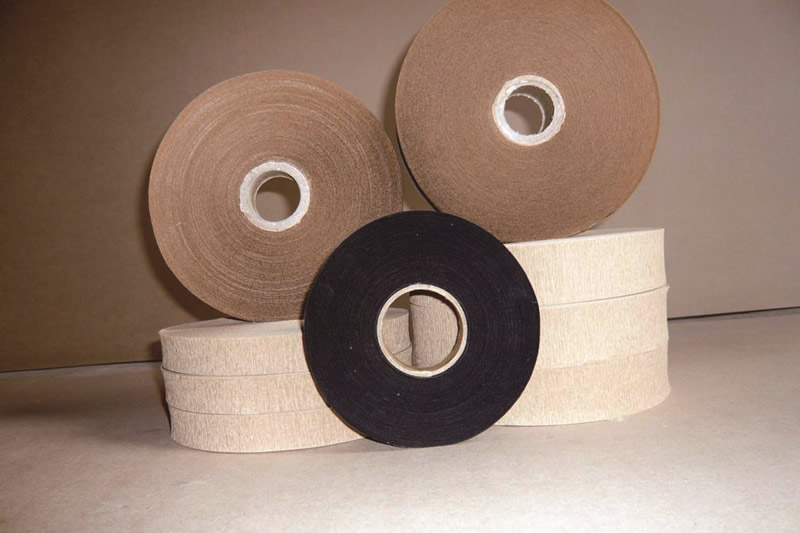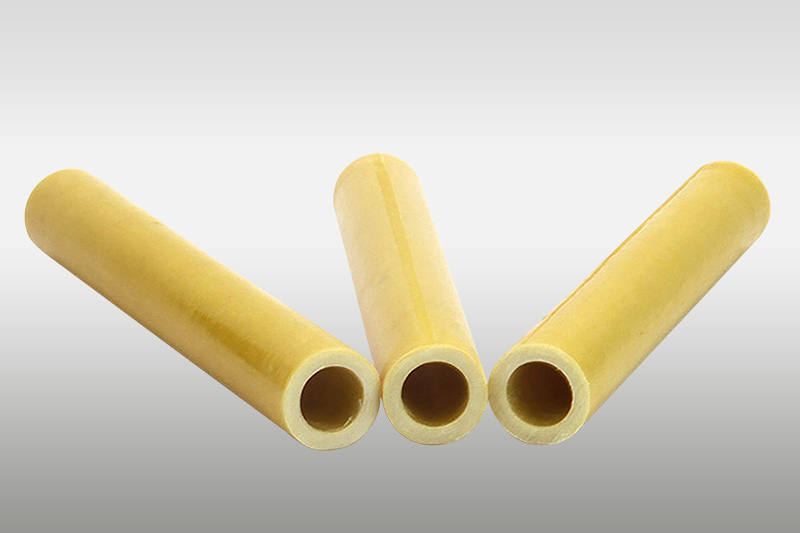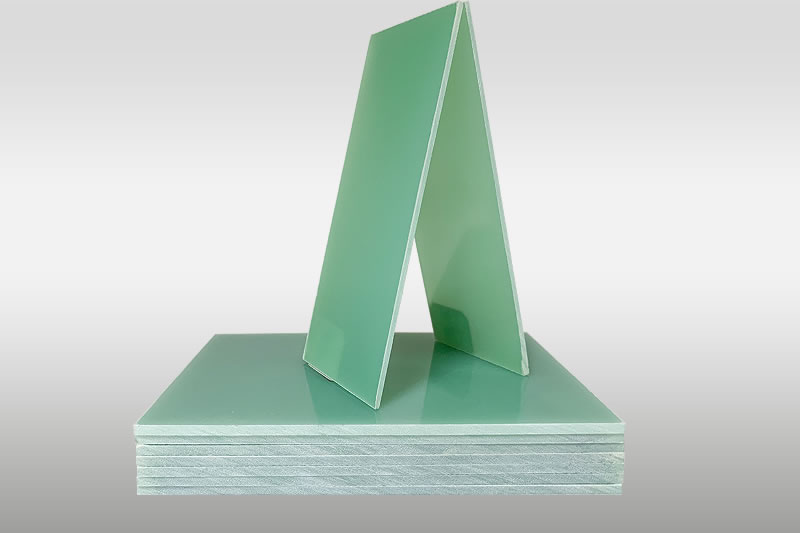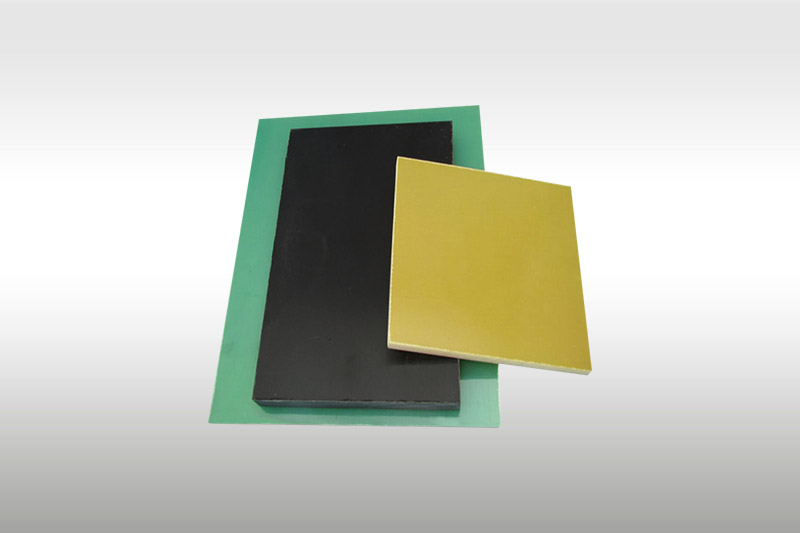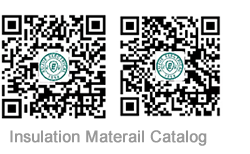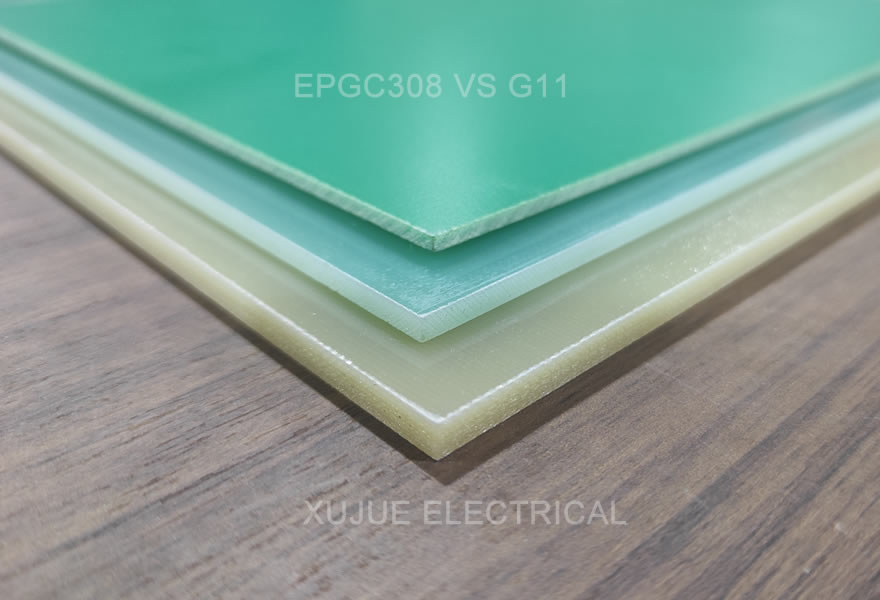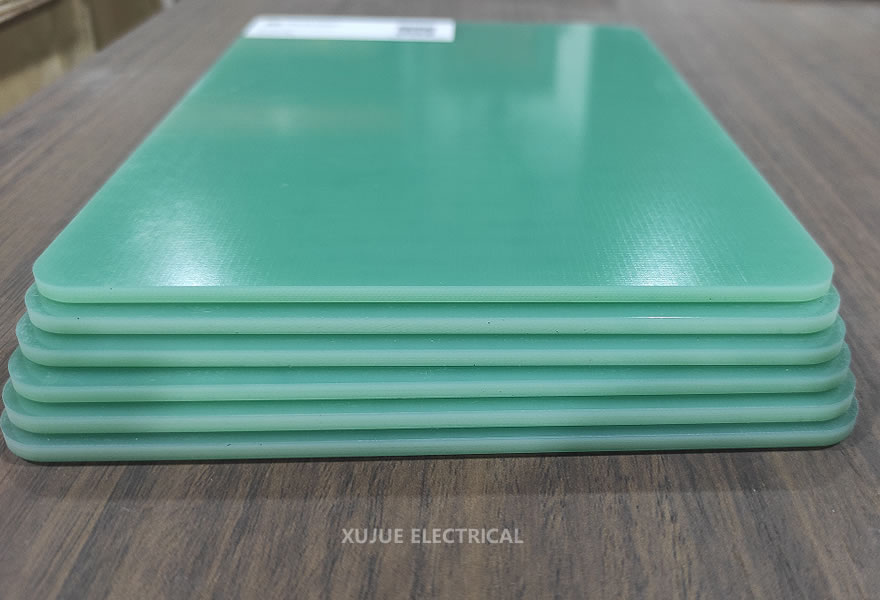Glass Fiber Wound Tube in the Off-Circuit Tap Changer of Transformers
Application of Glass Fiber Wound Tube in the Off-Circuit Tap Changer of Transformers 1. Material Overview The Glass...
Application of Glass Fiber Wound Tube in the Off-Circuit Tap Changer of Transformers
1. Material Overview
The Glass Fiber Wound Tube is a high-strength composite insulation material made by impregnating fiberglass cloth or tape with epoxy resin, followed by high-temperature winding and curing.
It offers excellent mechanical strength, electrical insulation, oil resistance, and dimensional stability, making it an essential material in the insulation and structural systems of power transformers.

2. Characteristics of the Off-Circuit Tap Changer
The Off-Circuit Tap Changer (OCTC) is used to adjust the tapping points of transformer windings when the transformer is de-energized, thereby changing the output voltage.
Although its structure is simpler than that of an on-load tap changer, it requires components with:
Long-term oil resistance and thermal stability;
Reliable mechanical support and insulation strength;
High dimensional accuracy and anti-aging performance.
Therefore, the selection of a suitable insulation support material is crucial for the safe and stable operation of the tap changer.

3. Application of Glass Fiber Wound Tube in Off-Circuit Tap Changers
Insulating Support Tube
Installed between conductive shafts, moving and fixed contacts of the tap changer, providing effective insulation.
Ensures safe clearance between components at different potentials, preventing arc discharge or dielectric breakdown.
Mechanical Positioning and Connection Sleeve
Used as a support or locating sleeve to ensure precise alignment of the tap-changing mechanism.
Provides high mechanical strength, resisting vibration and mechanical stress during tap switching operations.
Oil and Thermal Stability
Performs reliably when immersed in transformer oil, without delamination, deformation, or oil absorption.
Maintains insulation stability in operating temperatures ranging from -40°C to +155°C.

4. Typical Technical Parameters
| Property | Unit | Typical Value | Description |
|---|---|---|---|
| Dielectric Strength | kV/mm | ≥15 | Excellent insulation performance |
| Flexural Strength | MPa | ≥150 | High mechanical load capacity |
| Dielectric Constant | — | 5.5–6.0 | Stable electrical characteristics |
| Water Absorption | % | ≤0.1 | Low moisture absorption in oil |
| Operating Temperature | °C | -40 ~ +155 | Suitable for oil-immersed applications |
| Oil Resistance | — | Excellent | No deformation or cracking under long-term immersion |
5. Advantages of Using Glass Fiber Wound Tube
Reliable insulation — prevents electrical breakdown between components.
Stable structure — maintains mechanical precision and stability.
Long service life — performs well in high-temperature and oil-immersed conditions.
Low maintenance — high material stability reduces maintenance frequency.
6. Conclusion
Thanks to its superior insulation, mechanical strength, oil resistance, and thermal stability, the glass fiber wound tube has become an ideal insulation and structural material for off-circuit tap changers in power transformers.
Its application not only ensures the precision and reliability of the tap changer mechanism but also significantly enhances the overall safety and longevity of the transformer system.
Leave us a message to get quotation and sample!
If you are interested in our products,, please send us a message and we will contact you as soon as we receive it. Email: info@ztaero.com whatsApp: +8616650273778
Releated News
- 02-10 20262026 Spring Festival Greeting | XUJUE ELECTRICAL
- 02-06 2026G11 Epoxy Sheet for Generator Slot Insulation
- 02-05 2026Fiberglass cloth Prices Continue to Rise | Sheet Product Prices May Be Adjusted
- 02-03 2026Epoxy Pultruded Rod Applications | Electrical Insulation & Structural Support
- 02-02 2026Common Insulation Materials Comparison for High- and Low-Voltage Switchgear
- 01-31 2026Differences Between G11 Epoxy Sheet and EPGC308
